The marketplace is full of mislabeled and misleading products, and it is becoming more critical to research where our products (including all ingredients) come from.
We want you to better understand why we make our choices for transparency. There are a couple of different options for waxes out there, and we've done the research and listed them from what we feel is the worst to best in sustainable wax on the market today:
paraffin wax
★ - derived directly from petroleum
As a product of the oil industry is the very definition of unsustainable. A 2009 study found that burning paraffin candles released toxic chemicals (toluene) into the air. However, the National Candle Association questions this because this study has yet to be published in a scientific publication. Paraffin also gets called food-grade or highly refined food-grade paraffin, meant to sound "healthier", which just doesn't seem right since paraffin comes from petroleum oil and not a plant. Paraffin wax is used to make fruits, vegetables and candy look shiny. Food-grade paraffin wax is composed of vegetable oils, palm oil derivatives, synthetic resins and other materials. Paraffin wax acts as a chemical preservative for food and helps foods look great and continue to stay fresh. While there are plant based oils that compose paraffin it also contains synthetic resins. With so many other options, there's just no reason to use it, and it's cheap, unnatural, and unsustainable.
What to look for: Any candle that claims to be "clean", "sustainable", "plant-based" you know the drill. Look at the ingredient list, and better yet ask the maker if they can confirm that there is no paraffin, even in the "minuscule" amounts, hidden in their wax.
soy wax
★★★ - derived from soybean oil
Soy has recently become the most popular natural wax, mainly since it is cheaper because it's a byproduct of the giant soybean industry. Concerns about deforestation by environmental groups like the WWF, the impact of industrialized farming, and the unhealthy amounts of pesticides and fertilizers used to grow soybeans are all cause to put soy on our naughty list.
In the U.S., 94% of soy agriculture is genetically modified. After chatting with our suppliers and others, we discovered it is impossible to source soy wax that is verifiably 100% non-GMO. Despite what some candle labels claim, they get away with a little loophole because soy wax has no genetically modified materials present.
I was confused, too. So, when (GMO)soybeans are crushed and the oil is separated from the protein meal, all the genetic markers associated with that GMO soybean will stay with the protein meal. Our soybean-based waxes are made from soybean oil, so technically, if you were to try to measure any genetic markers (which our supplier did), it would show it as "not detected." You can see how this can be misleading as these soy waxes are still sourced from genetically modified soybeans.
What to look for: Be sure to look at your soy candles to see if they are blended with other waxes, like paraffin. I was amazed when researching waxes, they all were labeled as soy, but when you looked at the ingredients, these soy waxes were, in fact, blends and not 100% soy.
beeswax
★★★ - produced by honey bees
In many regards is one of the more sustainable options. Beeswax has a natural golden hue and honey-like scent, and this makes it a great standalone candle but one that can be difficult to blend with other scents. You can find bleached beeswax, which is white; however, due to this 'process,' it leaves the candle sad, with minimal scent throw. Ultimately we wanted a vegan and cruelty-free option, save the bees!
What to look for: For beeswax to be cruelty-free, it has to be harvested at a low rate so that there are no real negative effects on the colony. However, many practices are not so good.
palm wax
★★★ - derived from palm oil
A sustainable alternative to paraffin as efforts were put into place with the Roundtable on Sustainable Palm Oil (RSPO). However, deforestation practices were rampant, endangering many species of animals as the demand for palm wax increased. A Greenpeace report done in 2018 has made it clear it is difficult to source genuinely sustainable palm oil. This is unfortunate because palm oil actually scores higher than most other oil sources in many respects if it weren't for poorly run practices and supply chains.
What to look for: When sourcing or buying products containing palm oil, be sure they can prove they aren't destroying rainforests – which requires an RSPO Sustainable Palm Oil Certificate. A certified palm wax, would receive 4 or 5 stars!
coconut wax
★★★★ - derived from coconut oil
Made of 'high-melt' coconut oil blended with other natural waxes (usually soy). It has been overlooked so far in the candle industry because it is more expensive per pound (hence you may find our candles a little higher priced). You get what you pay for most of the time, and overall we like the benefits:
- Coconut oil is made via a natural process. (learn more about how coconut wax is made)
- Made from renewable sources that can replenish faster than many alternatives. The tree does not have to be cut down only the fruit, leaving the tree to produce more, providing a long-term, reliable supply.
- Coconuts are not genetically modified (as seen with soy).
- The deforestation practices linked with palm oil are not associated with the coconut industry.
- Coconut wax burns slowly and cleanly and throws scent exceptionally well.
What to look for: All coconut wax candles are blends, meaning they contain some amounts of either or combination of soy, palm, and paraffin. This is because pure coconut wax has a very low melt point (92°F), which is not suitable for making a candle alone. Any waxes that claim to have coconut-based waxes will have blended components (e.g., a combination of waxes listed above) to increase the melting point, appearance, fragrance retention, and fat bloom resistance; because of this, coconut wax is still not perfect. Nevertheless, we believe it is the best option for now.
So what's in our wax?
UPDATE: As of May 2023, our candles will be made of a proprietary blend of coconut, apricot and soy wax (previously coconut and soy wax) We are still looking for alternatives to soy and sourcing certified organic and sustainable. Our wax is 100% plant-based, vegan and contains no paraffins! While there is always room for improvement, we will continue to test and research for the best improvements we can make in sourcing.
Our coconut oil supply currently comes from the Philippines. The coconut business makes up ¼ of the Filipino population. It's an industry with intense government scrutiny about its practices. As with other cash crops like bananas and coffee, farmers are concerned about the wages. When we started researching coconut wax suppliers, we found one that stood out that shares our ethics for fair-trade and environmental practices. Most notably, they established the Sustainable Certified Coconut Oil (SCNO) supply chain, a socially responsible, environmentally sound, and economically viable supply chain that works for everyone. Music to our ears!





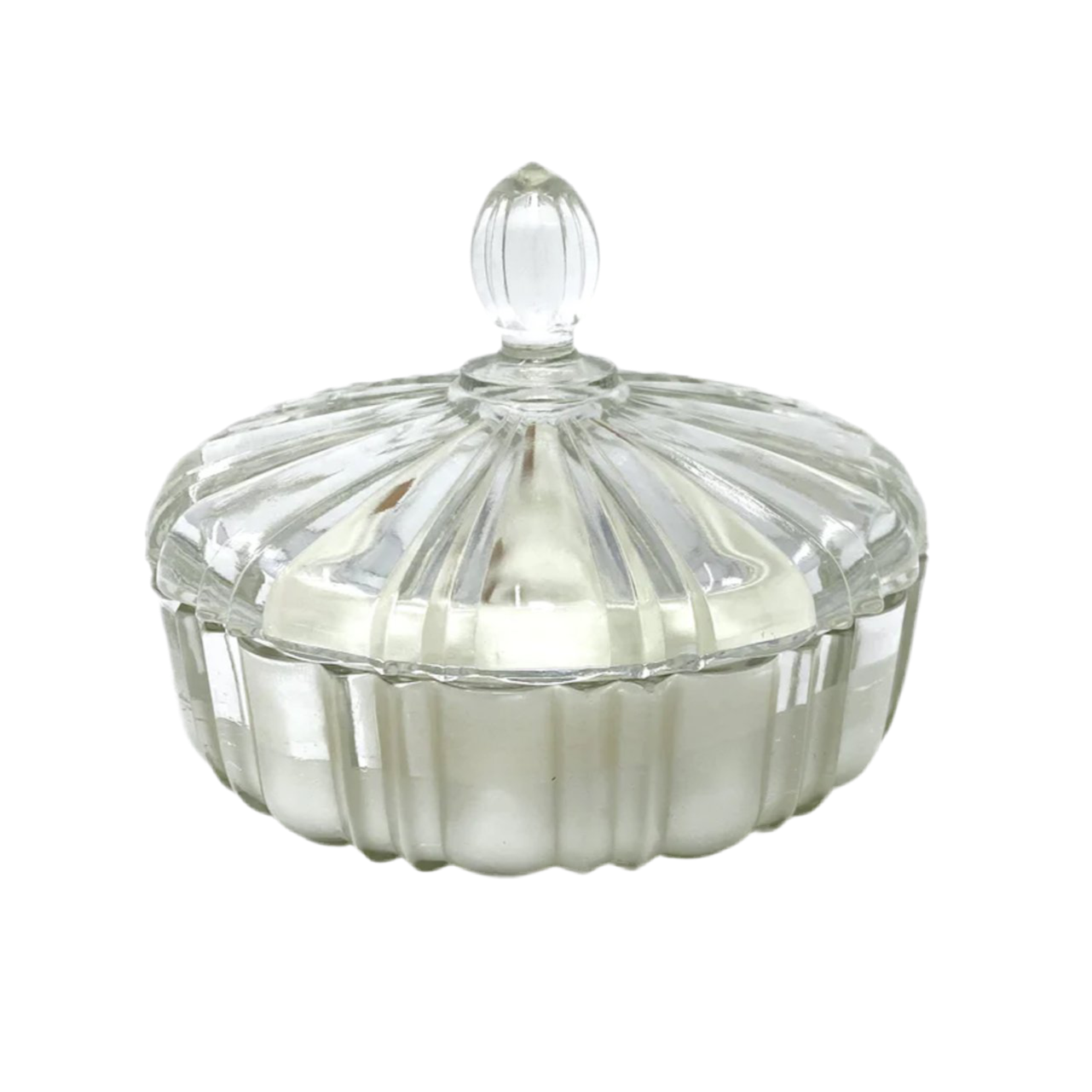
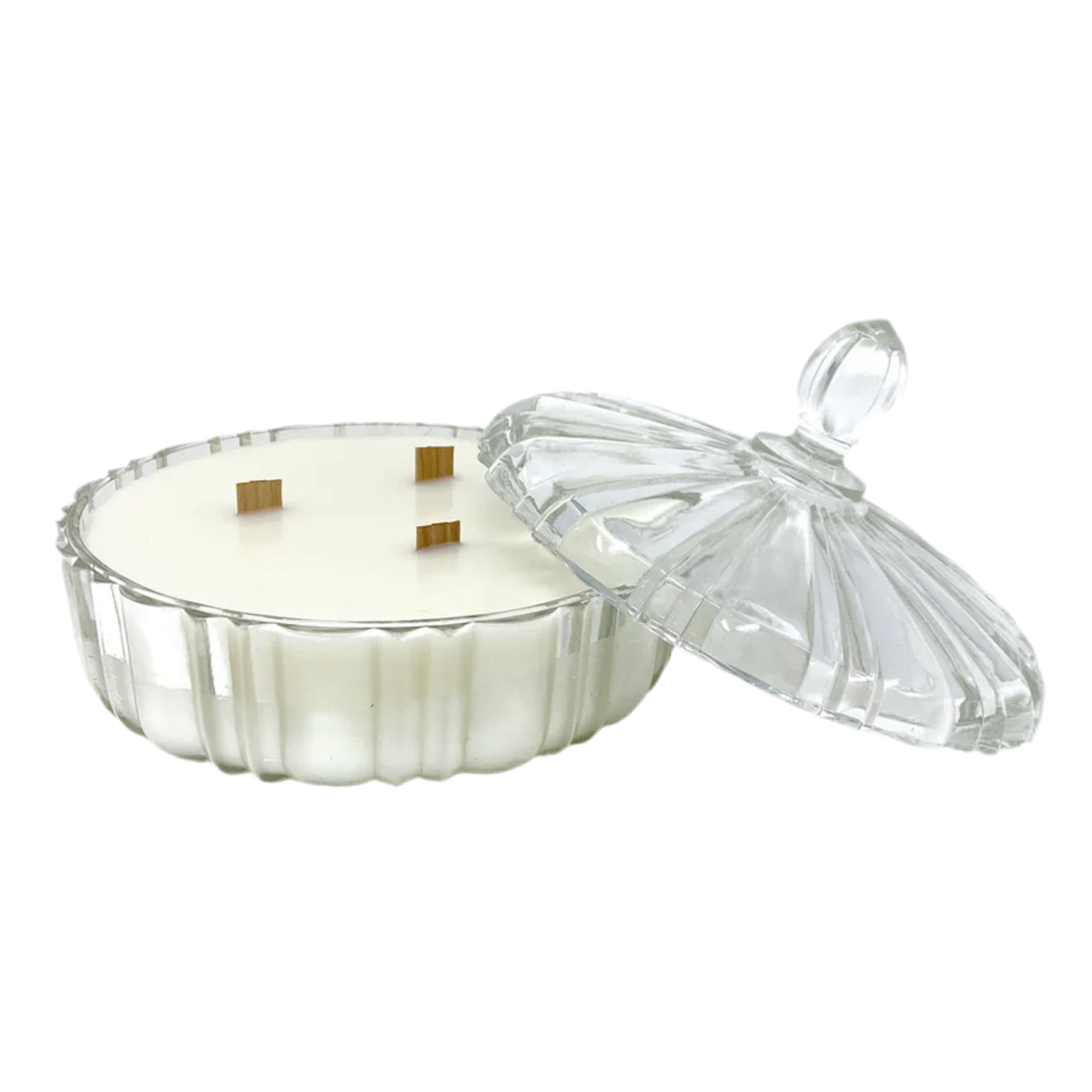














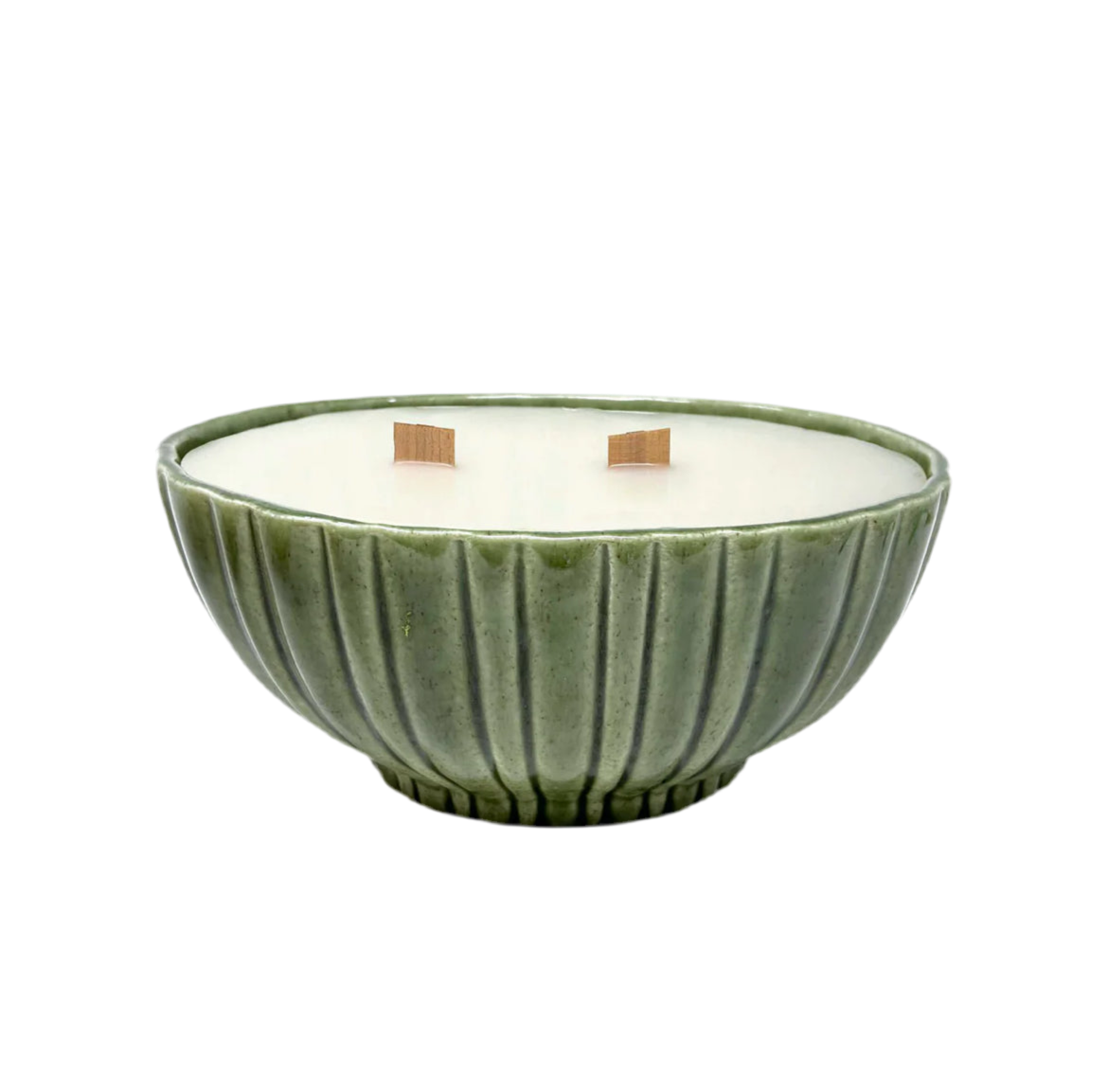
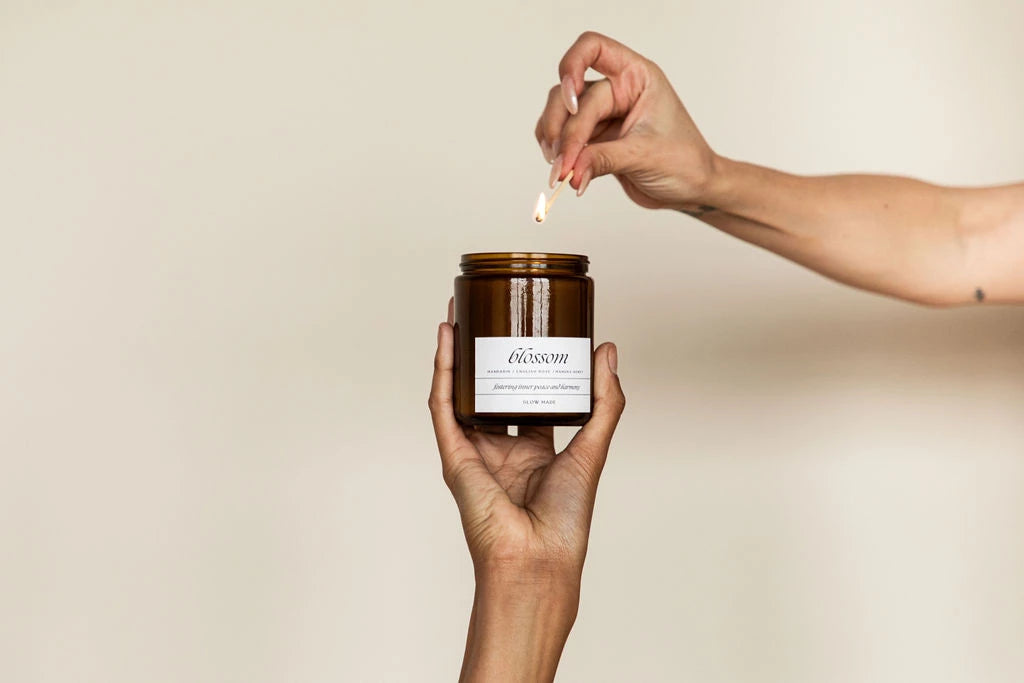
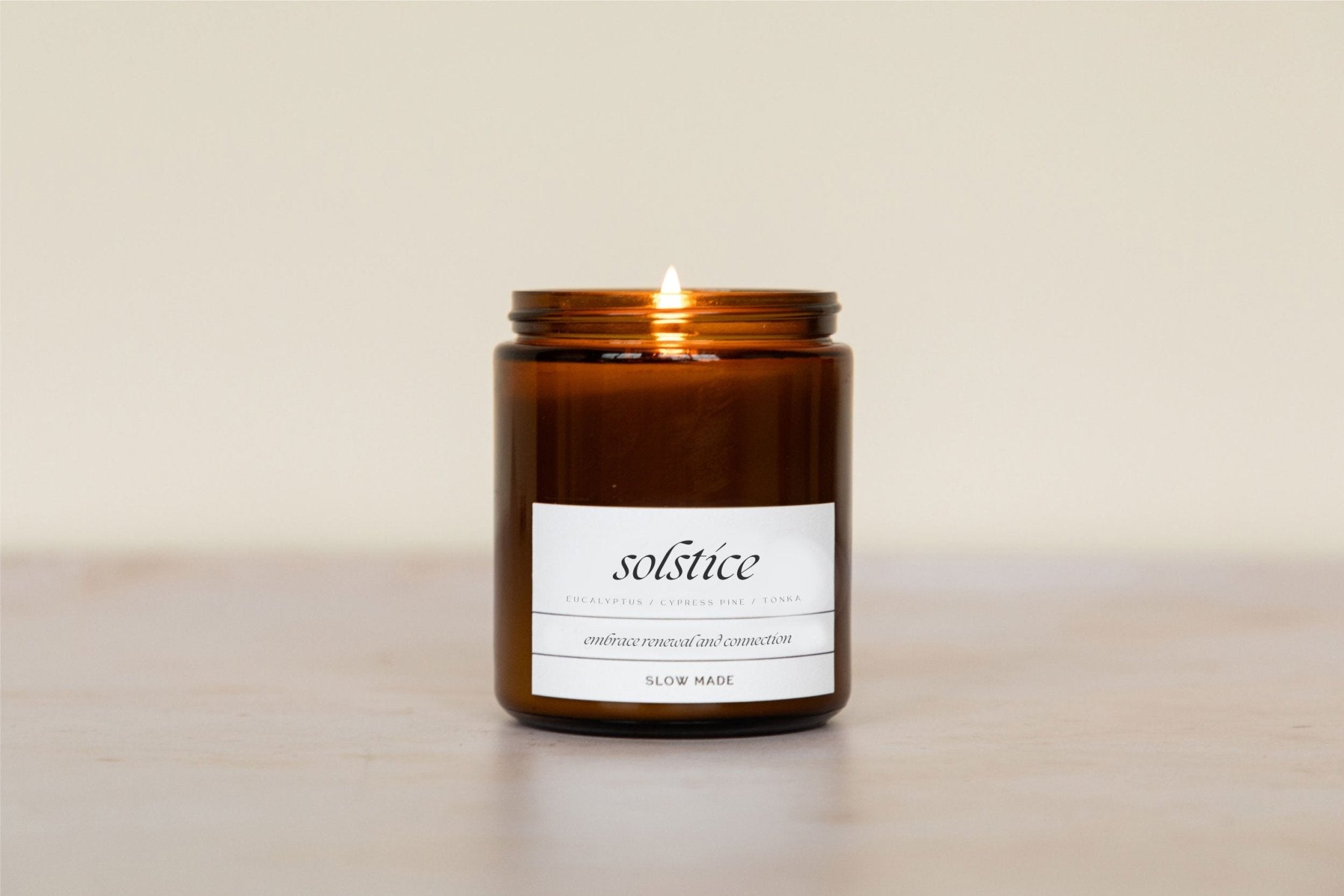
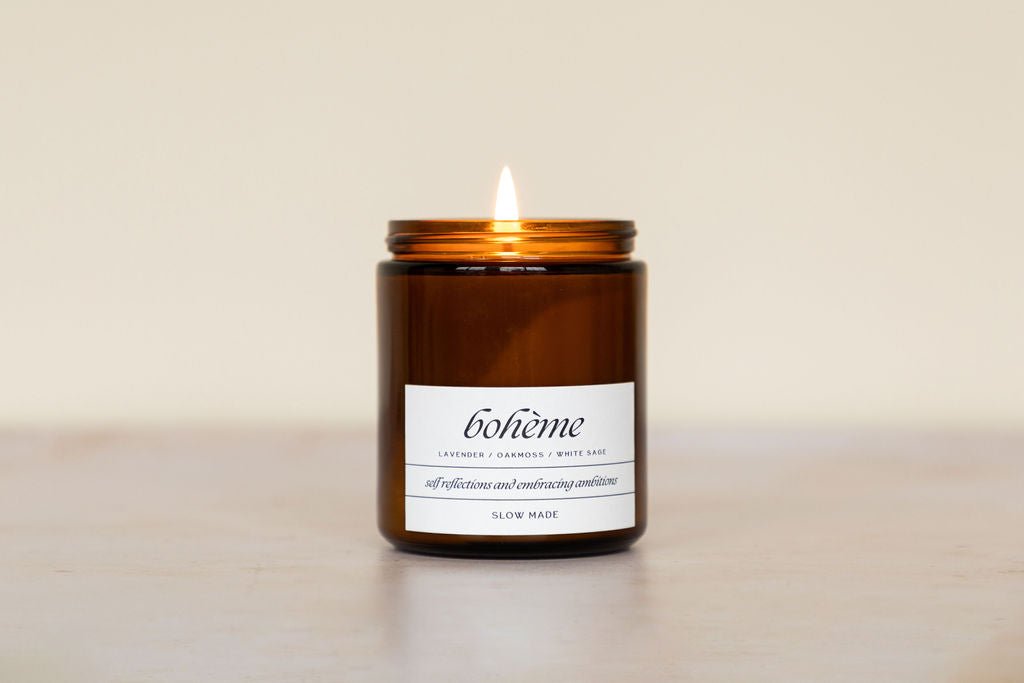
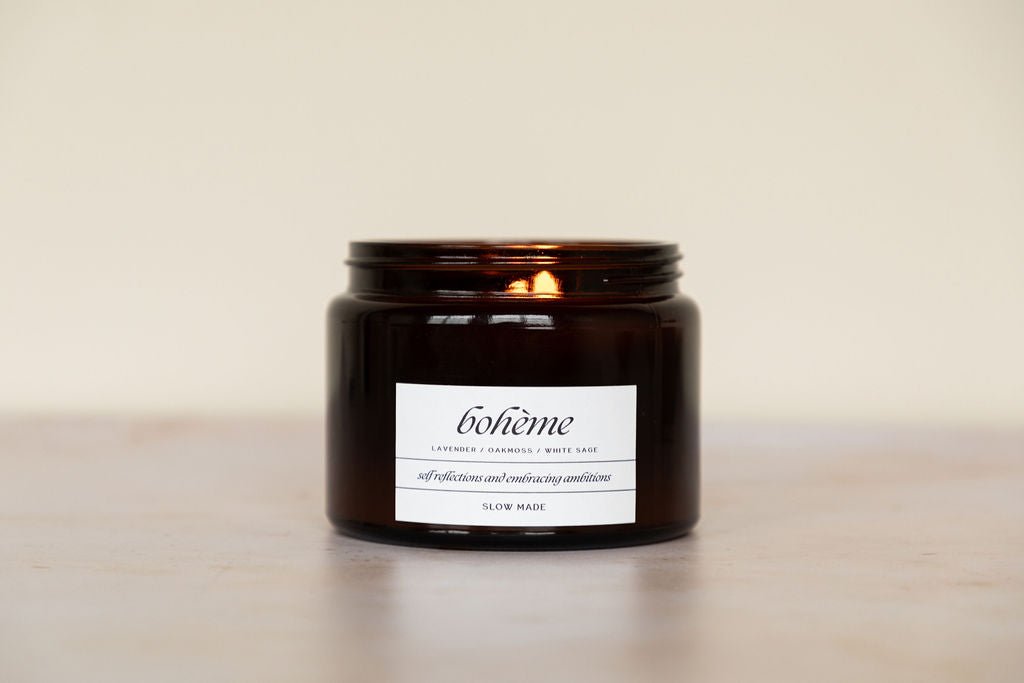
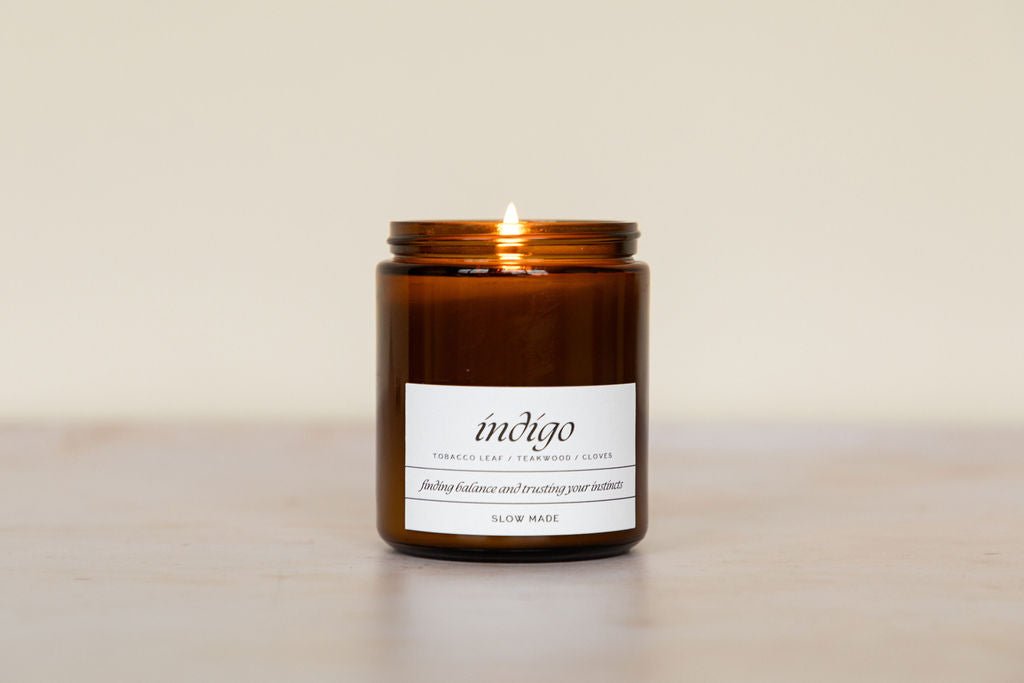
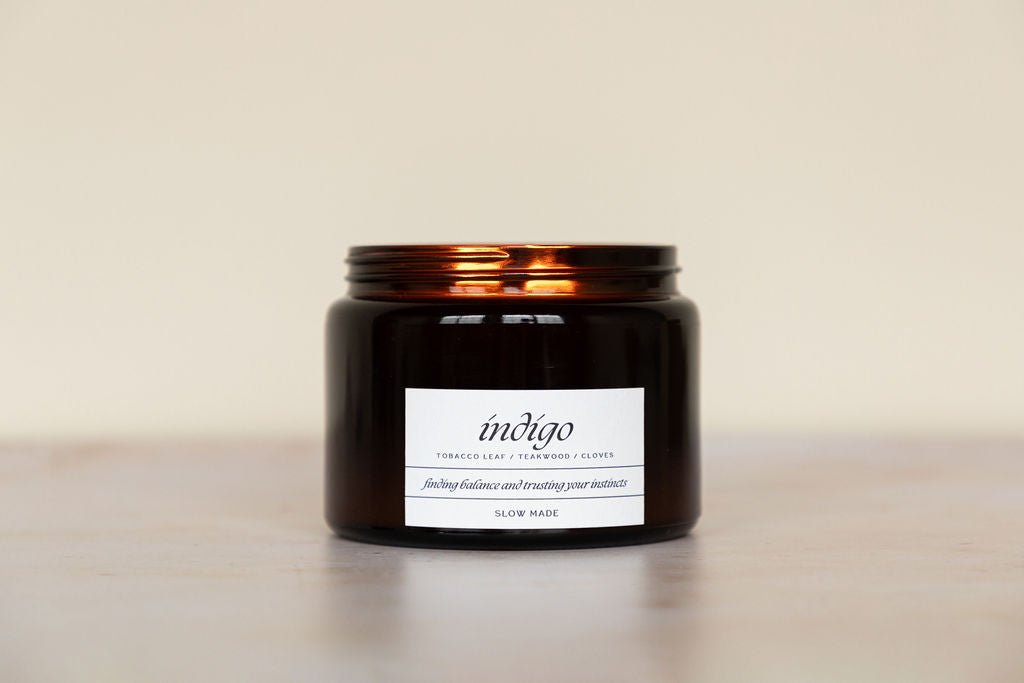
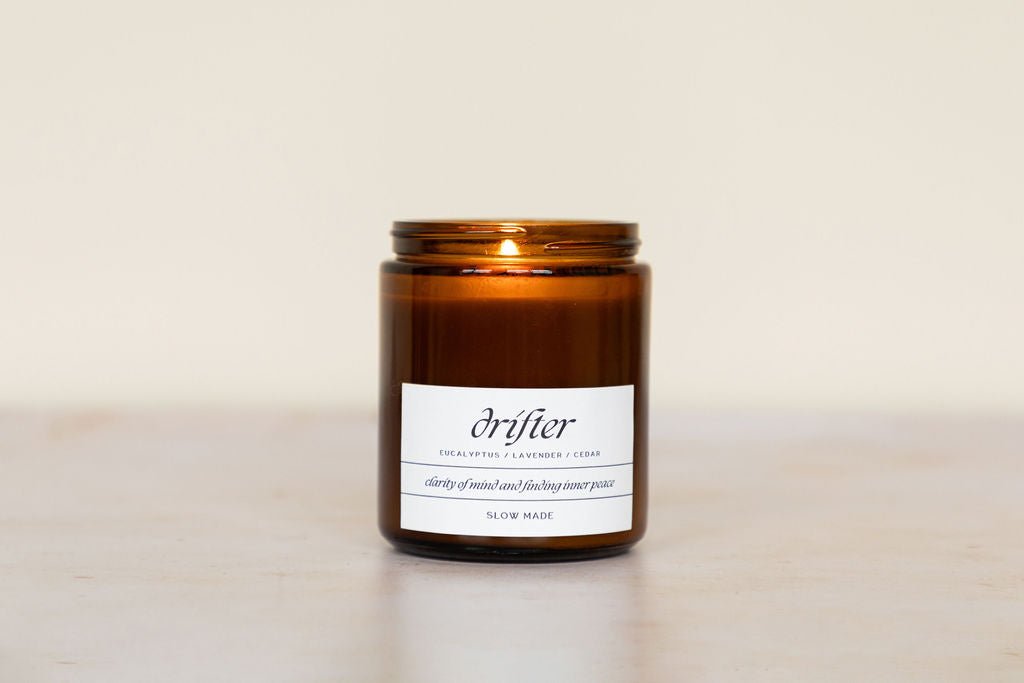
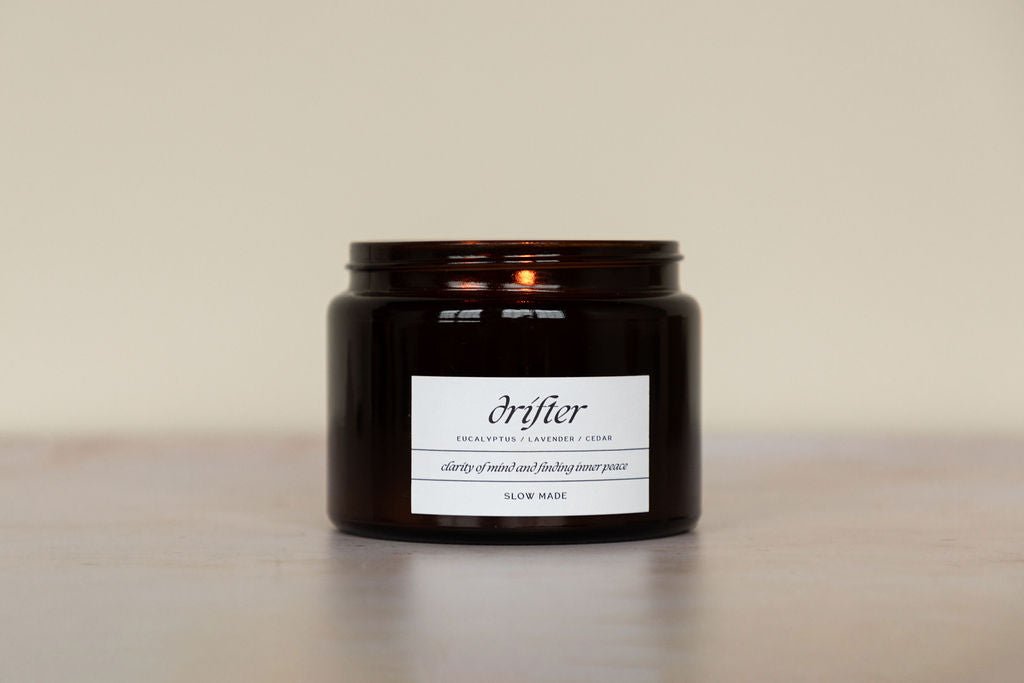
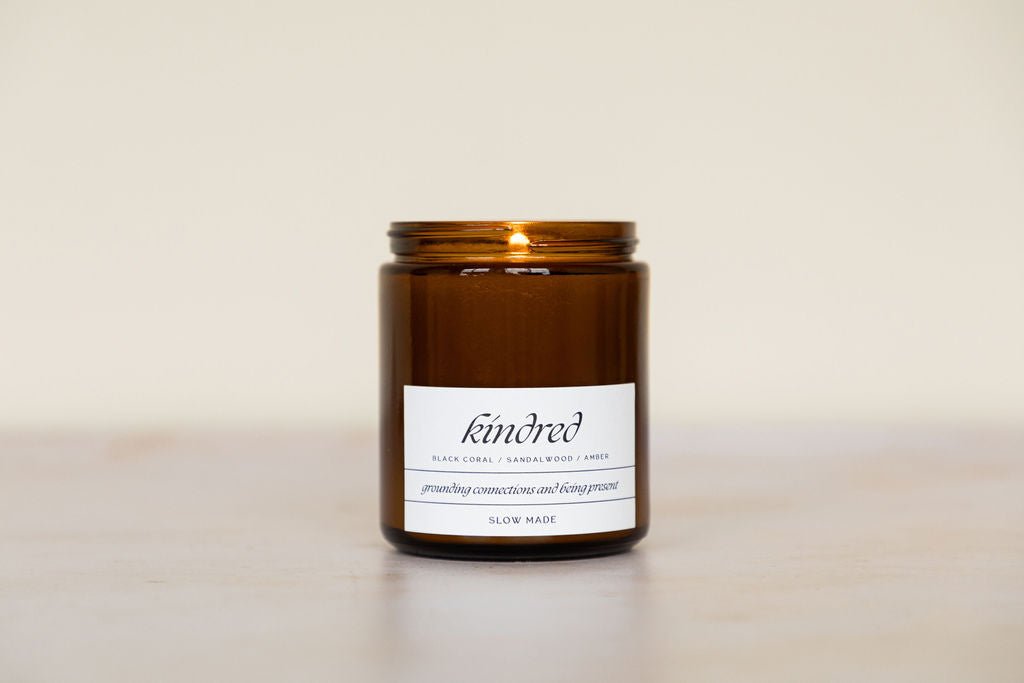
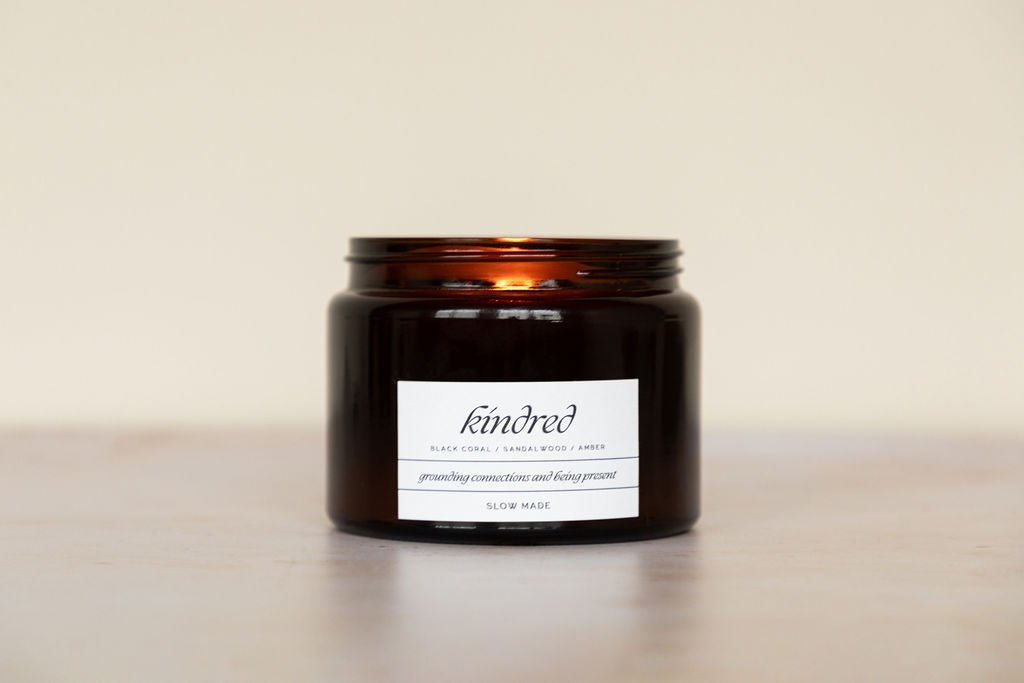
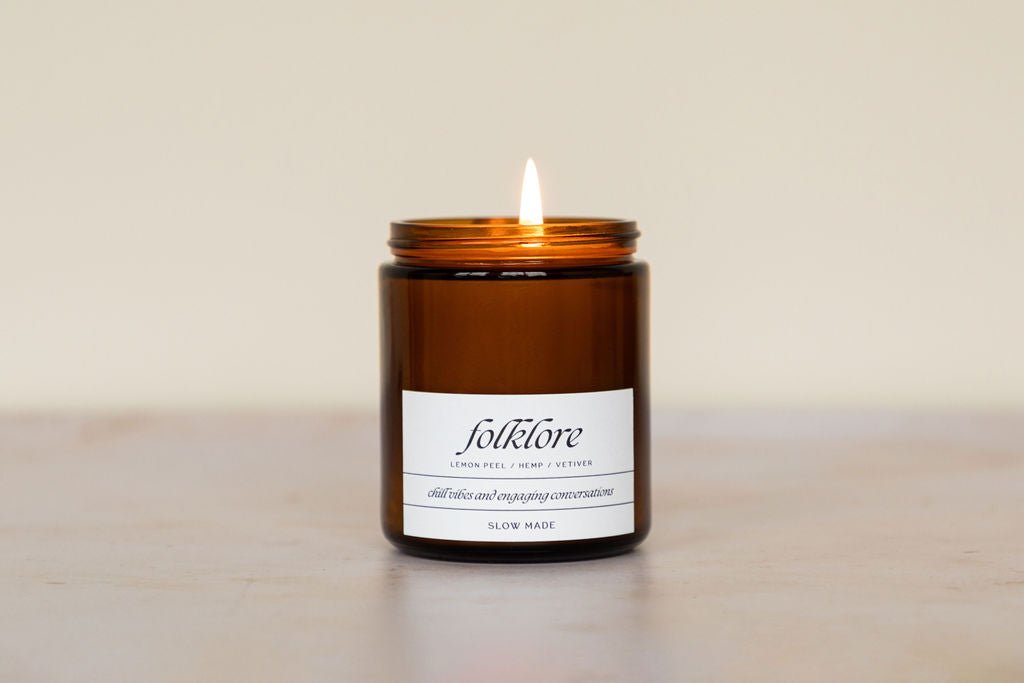
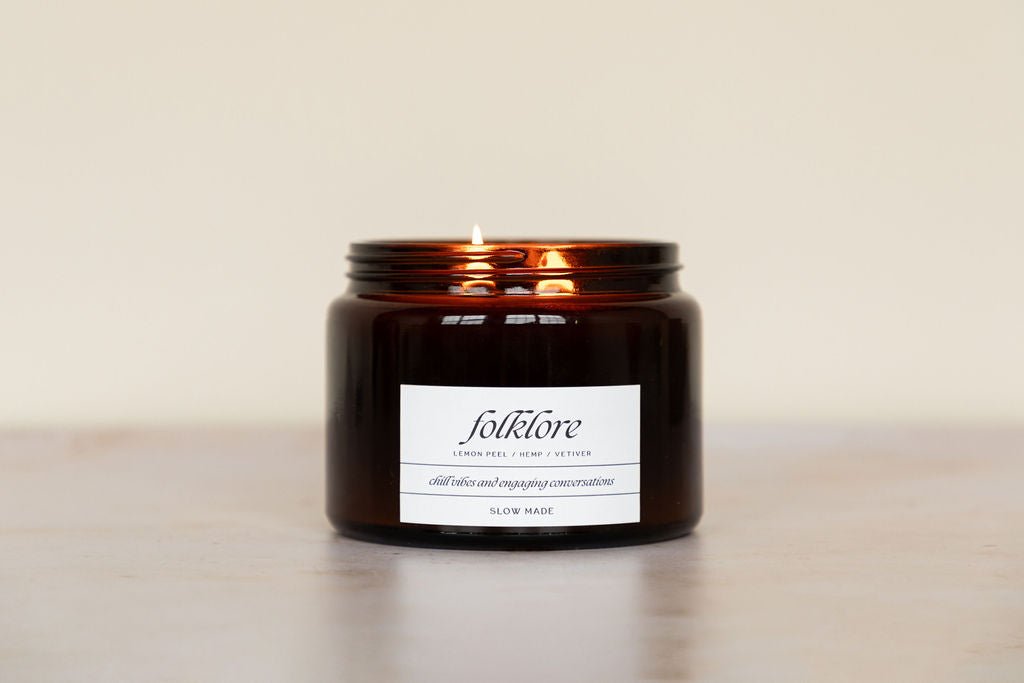
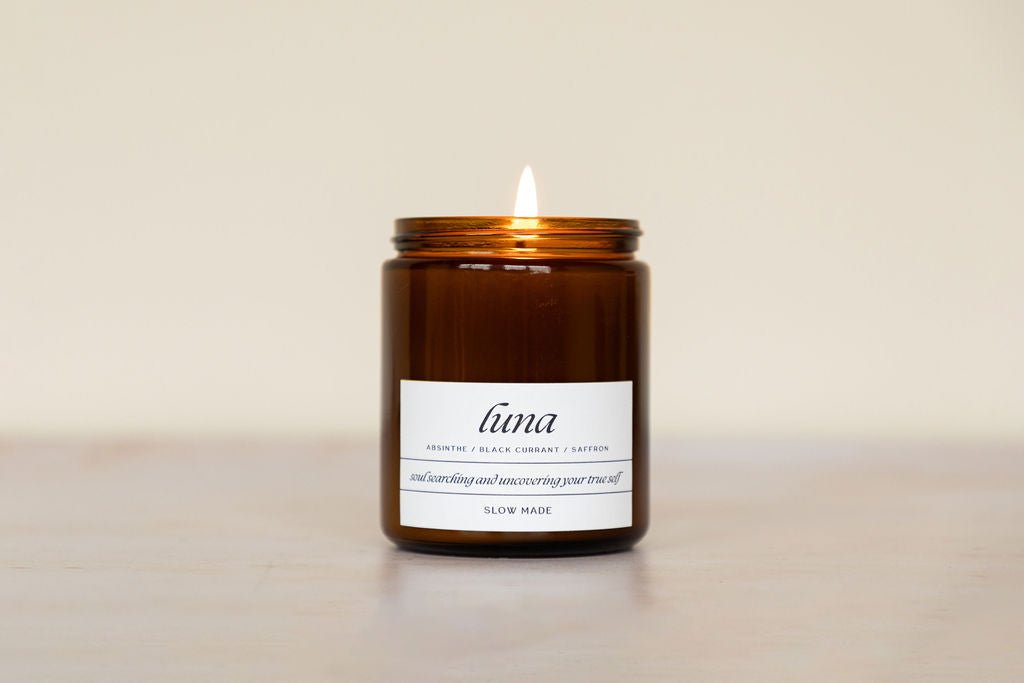
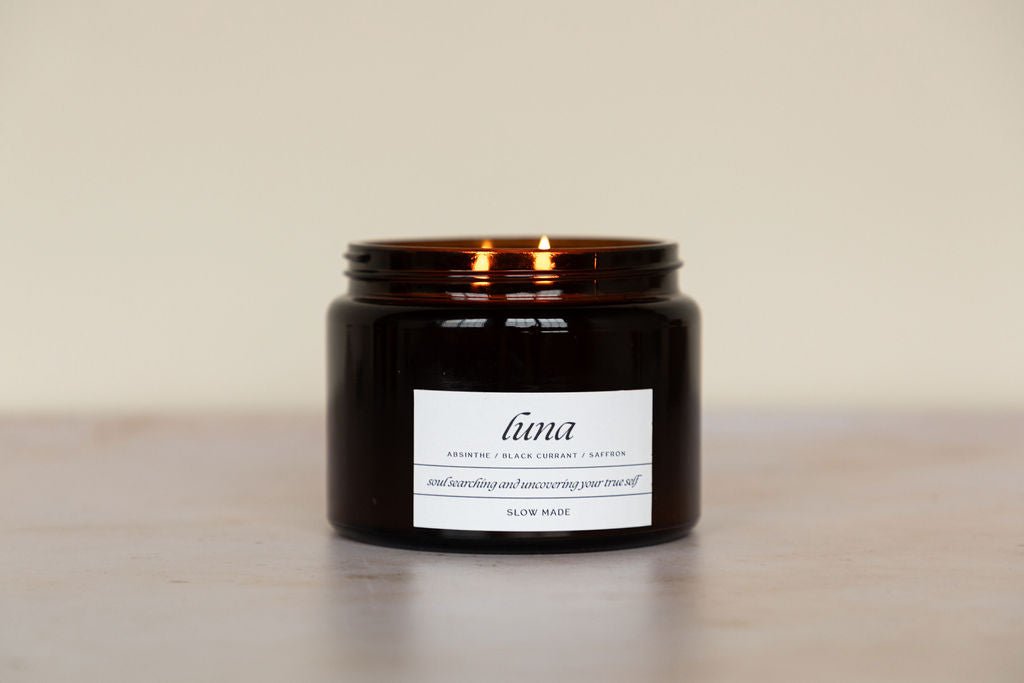
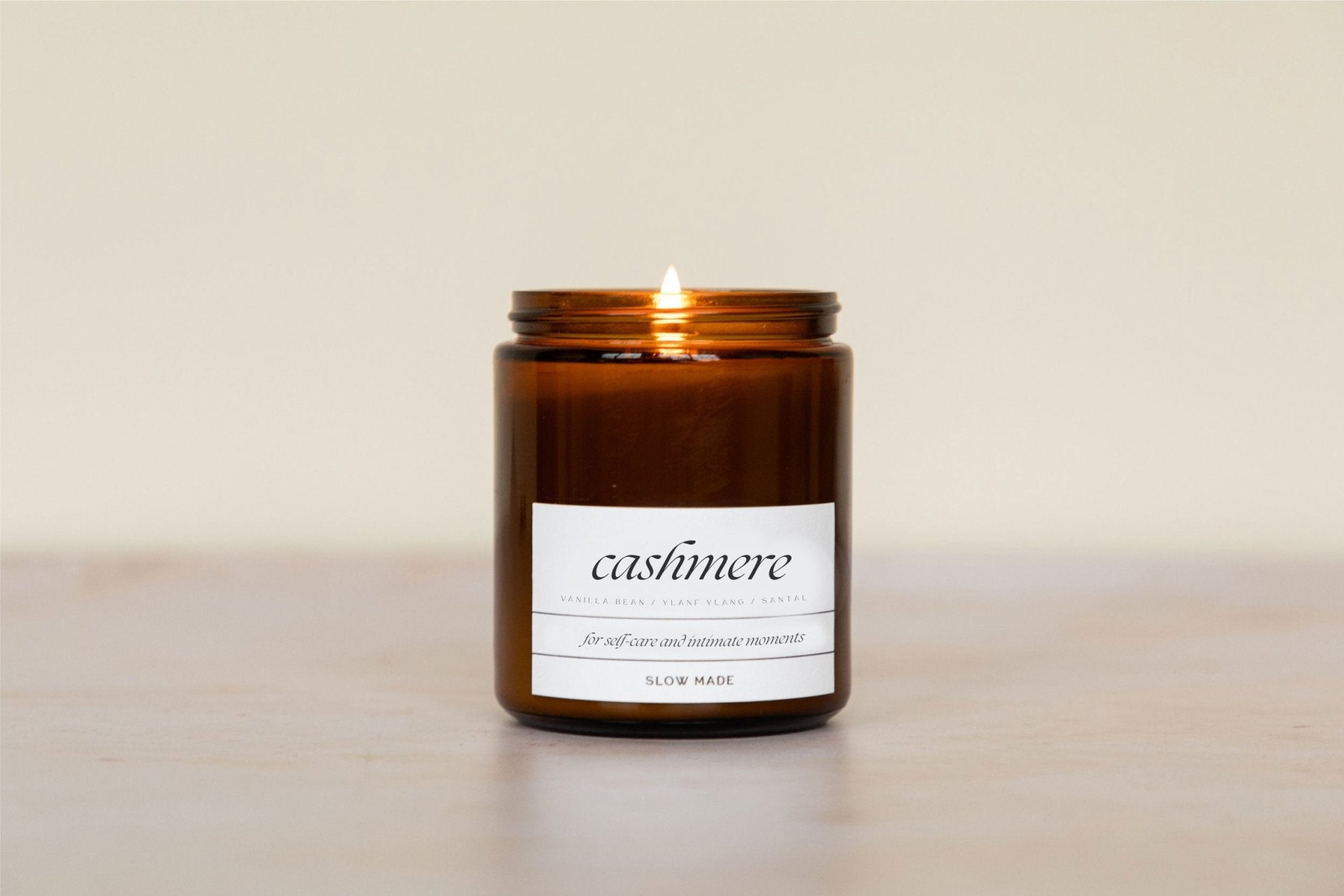
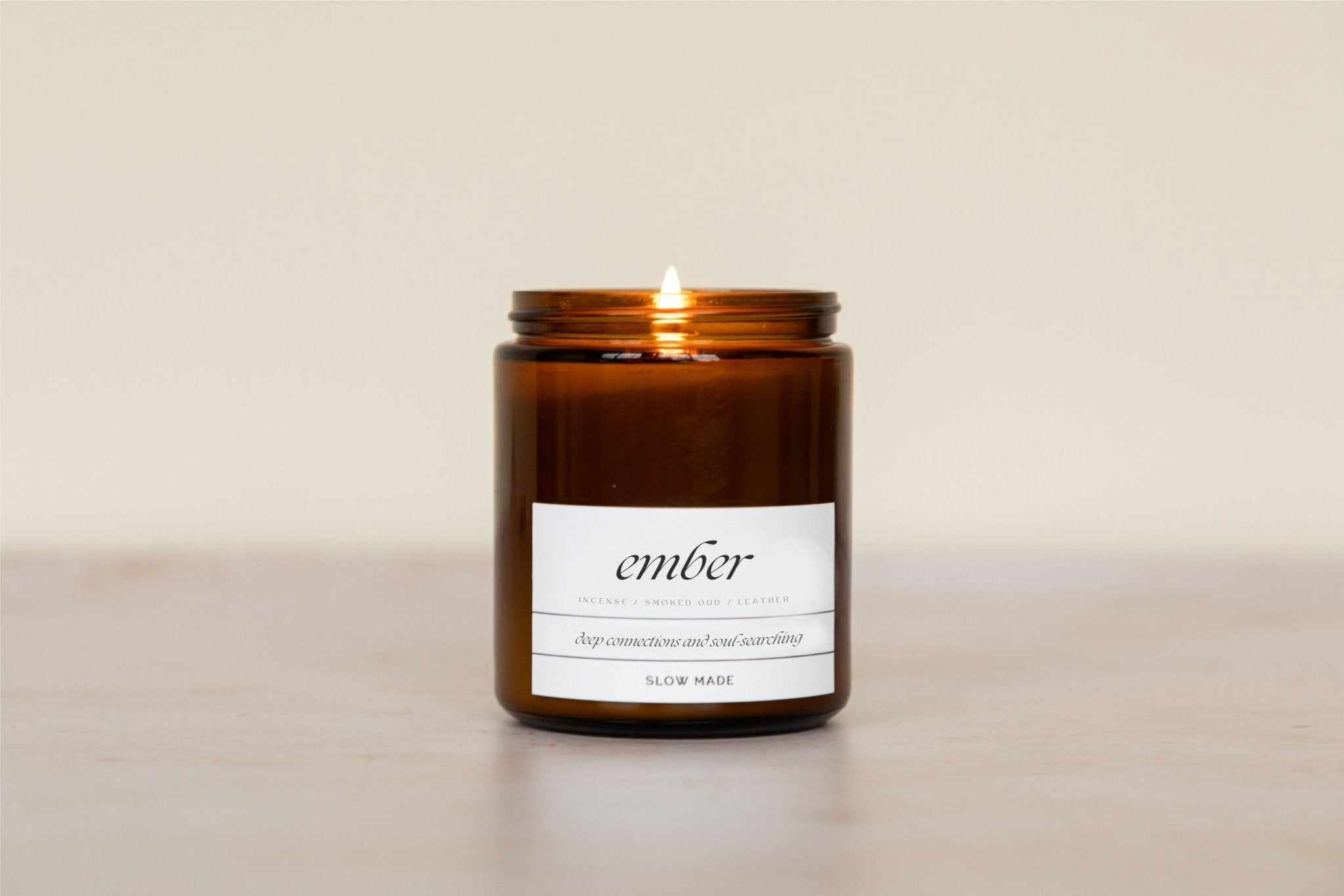
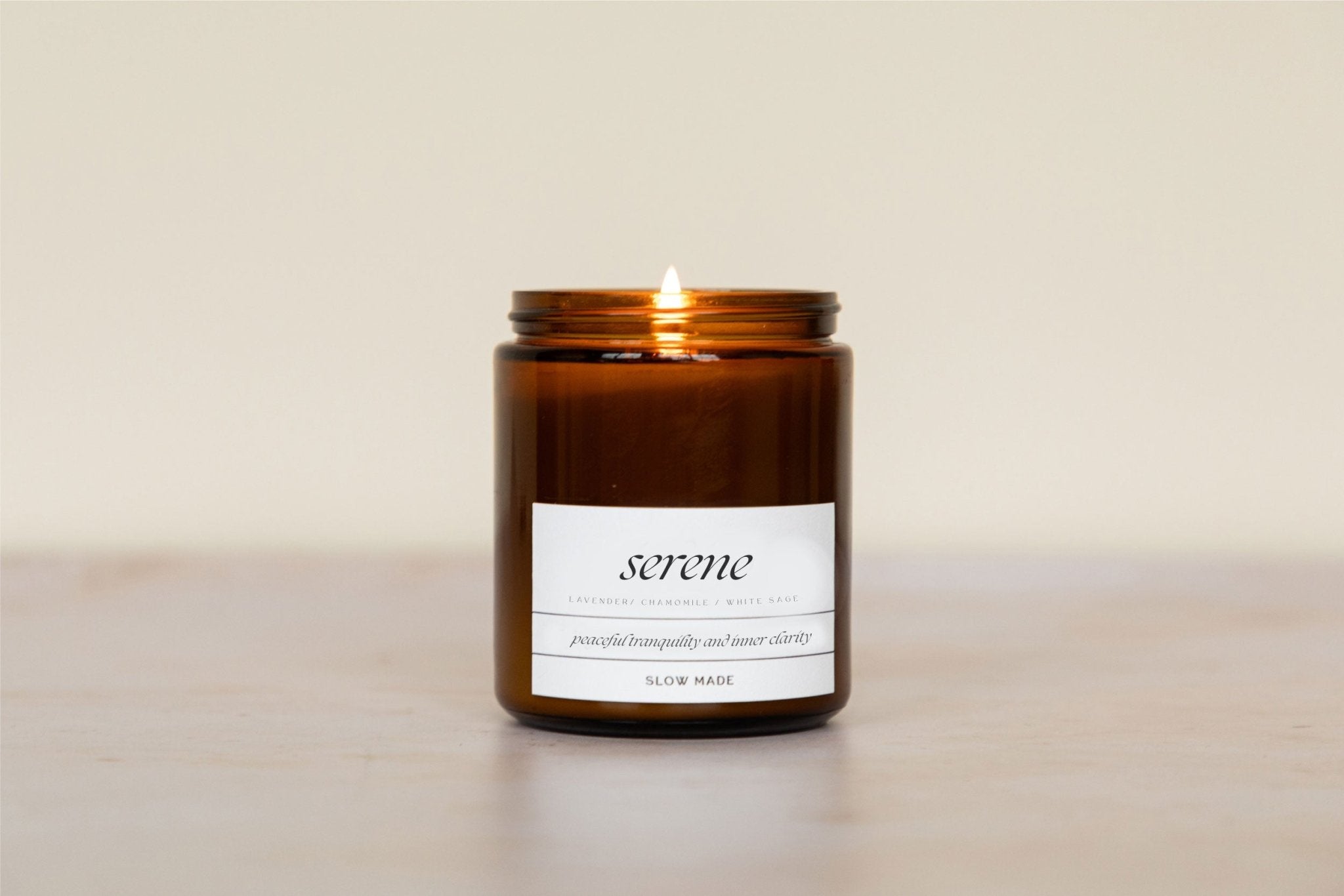
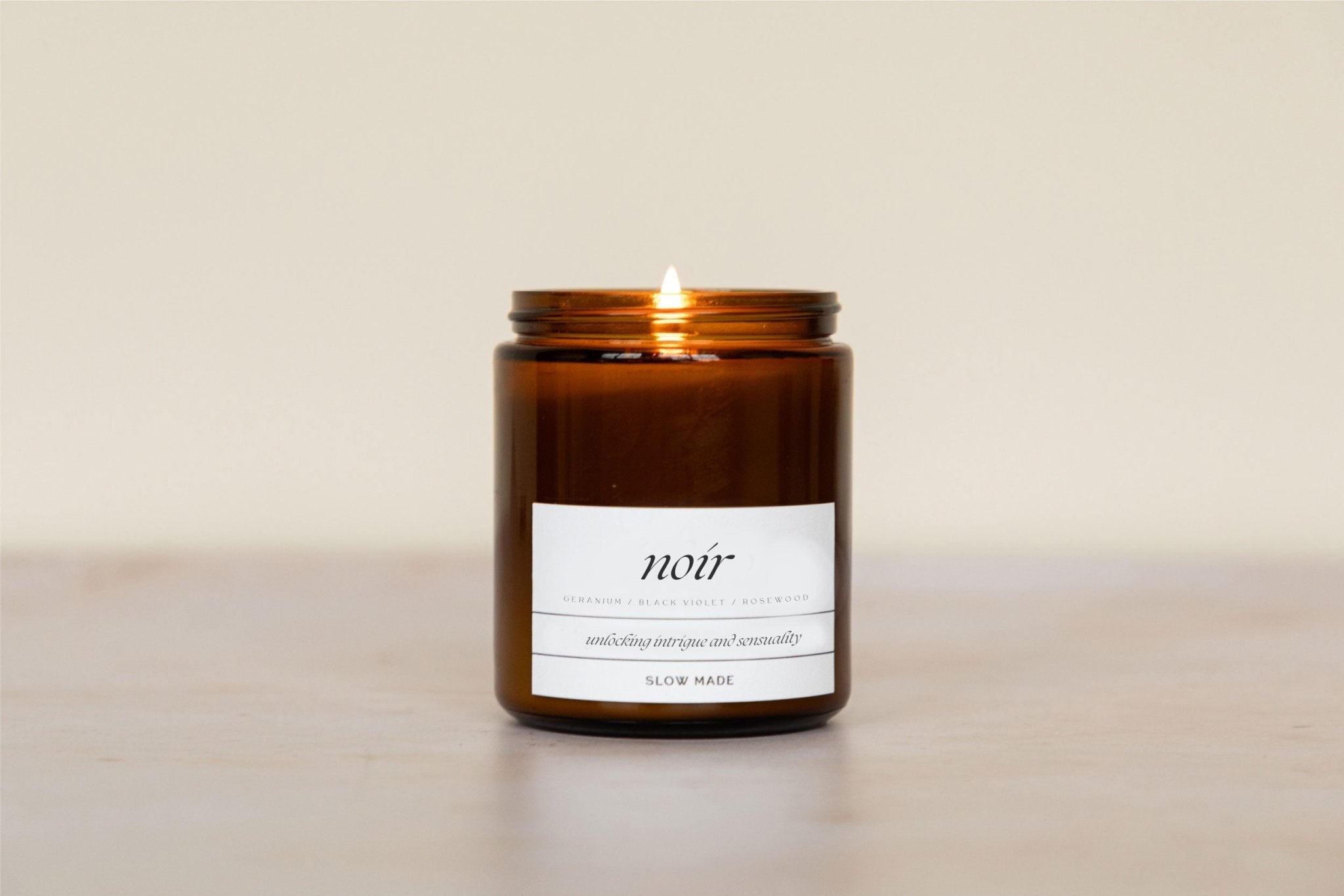
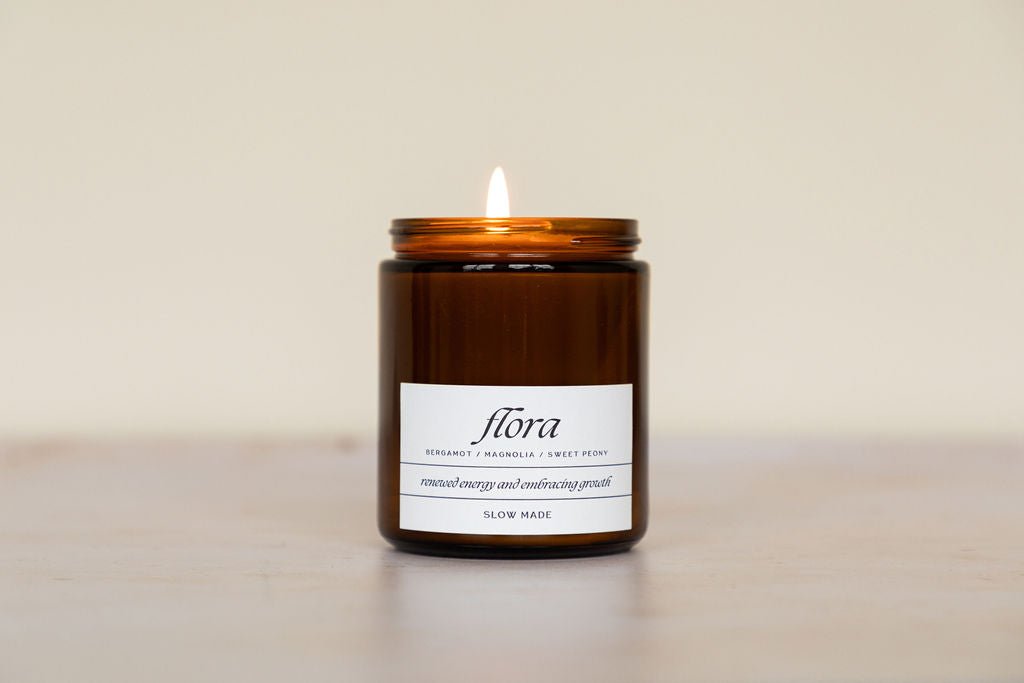
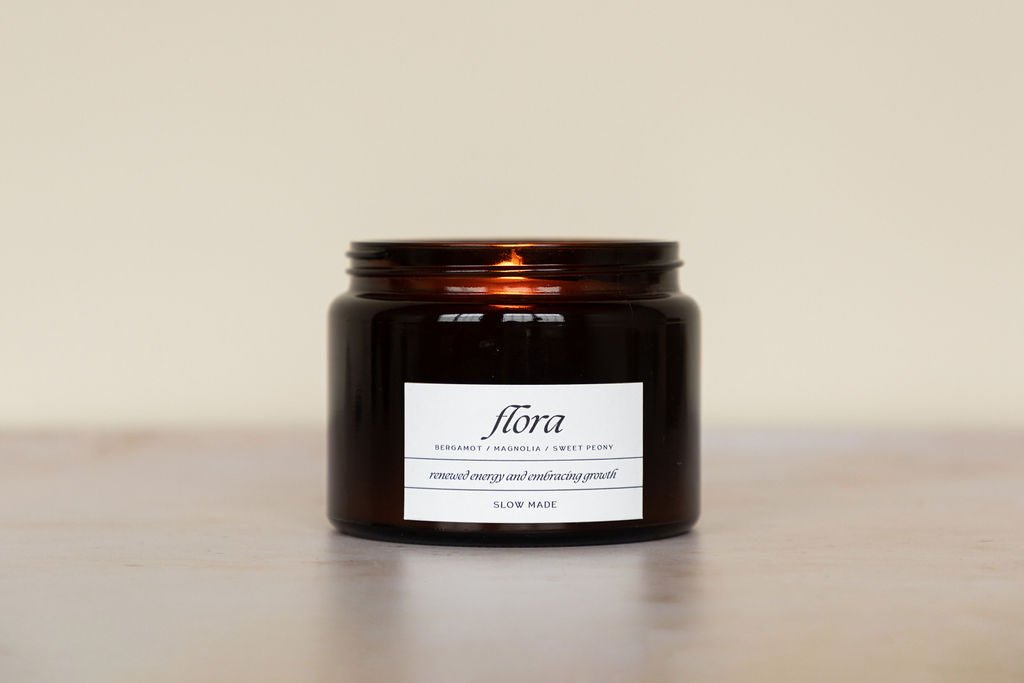
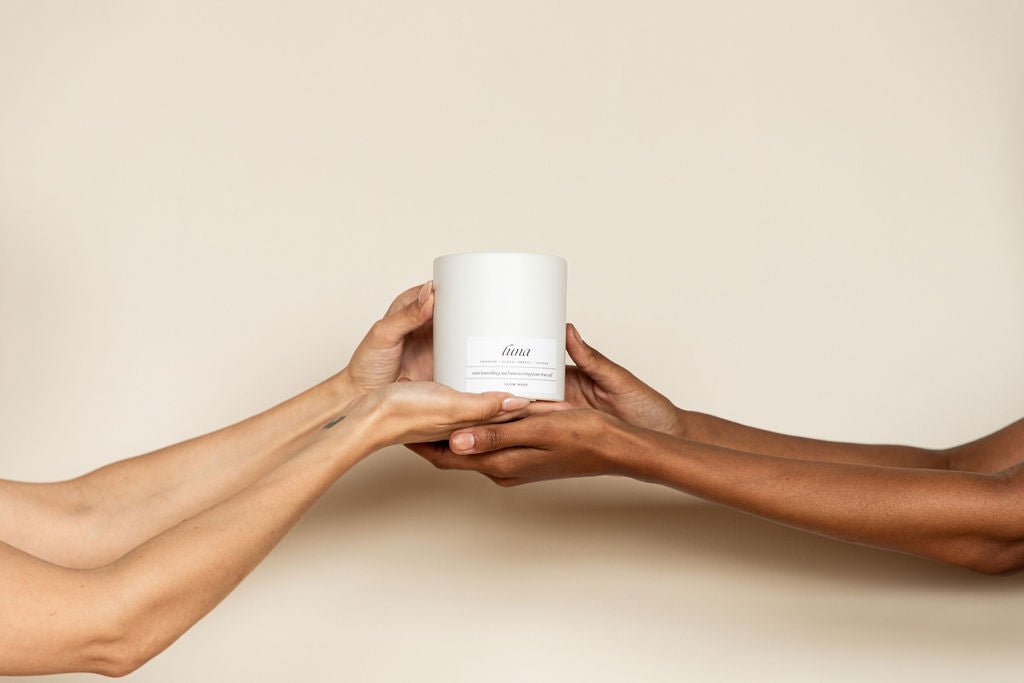
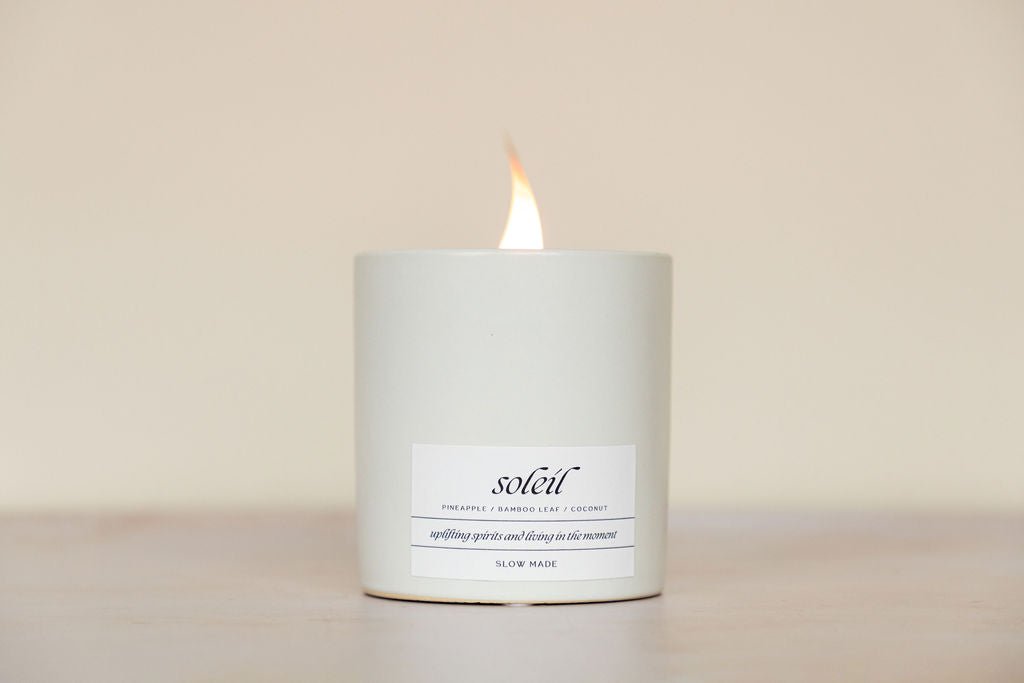
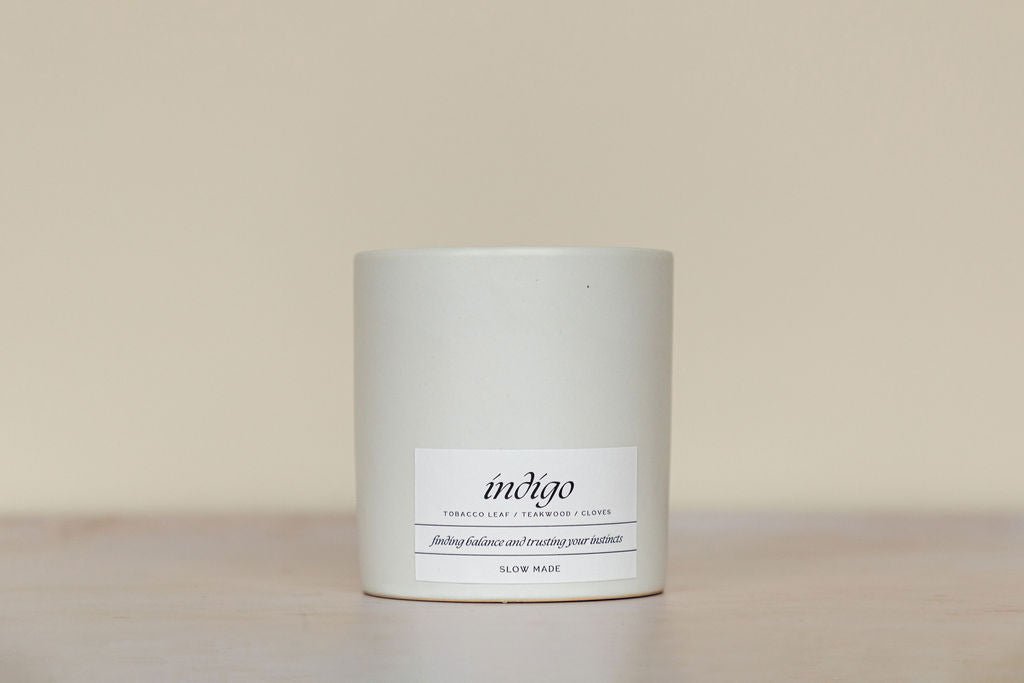
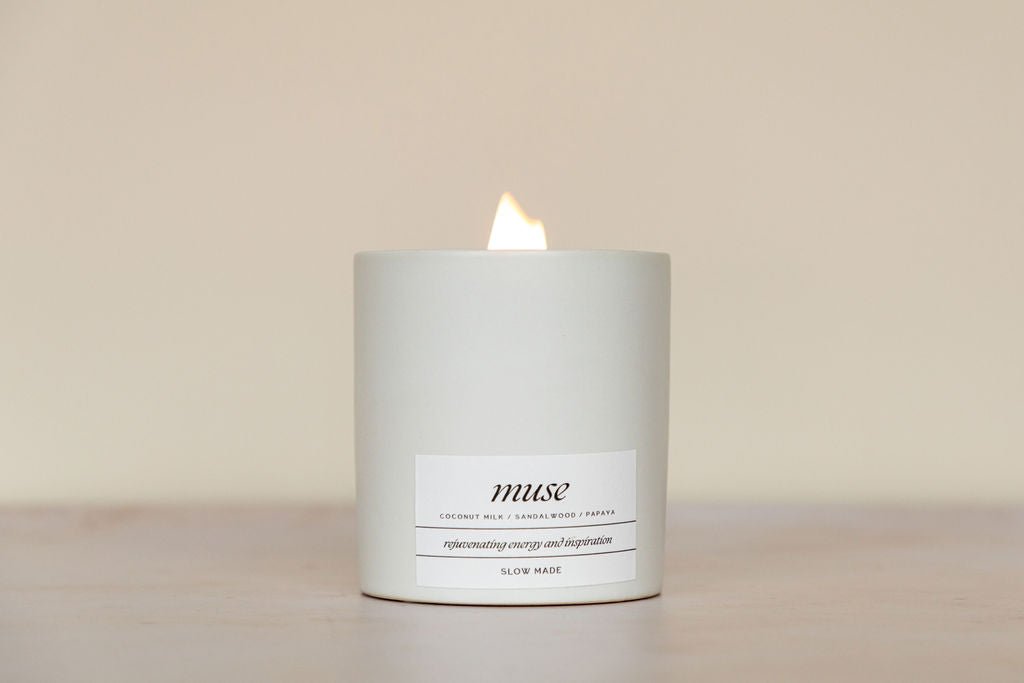
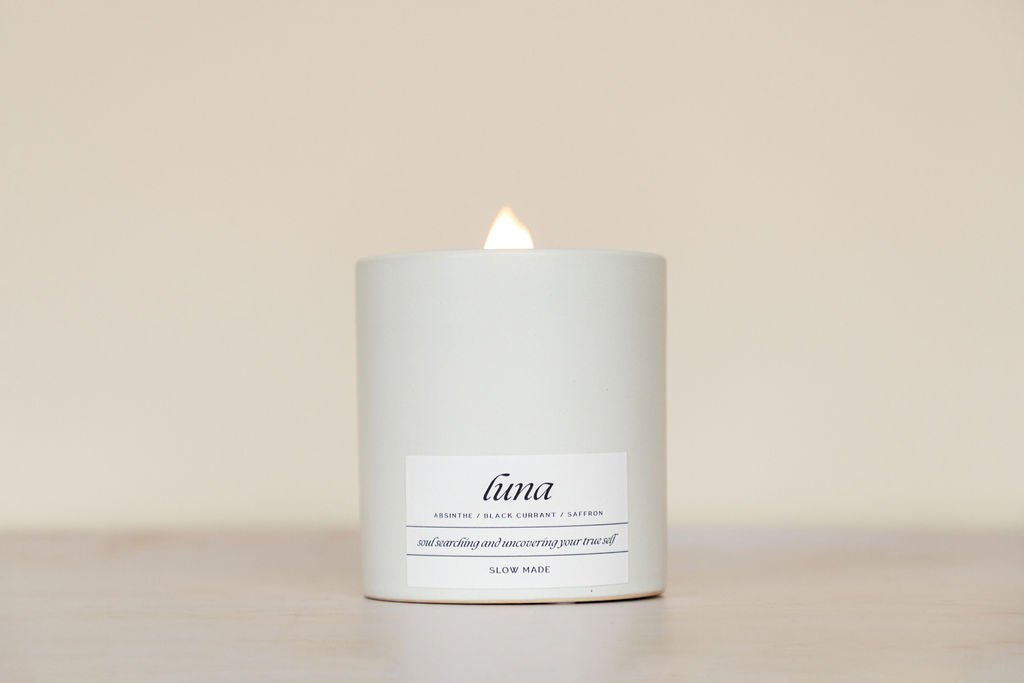
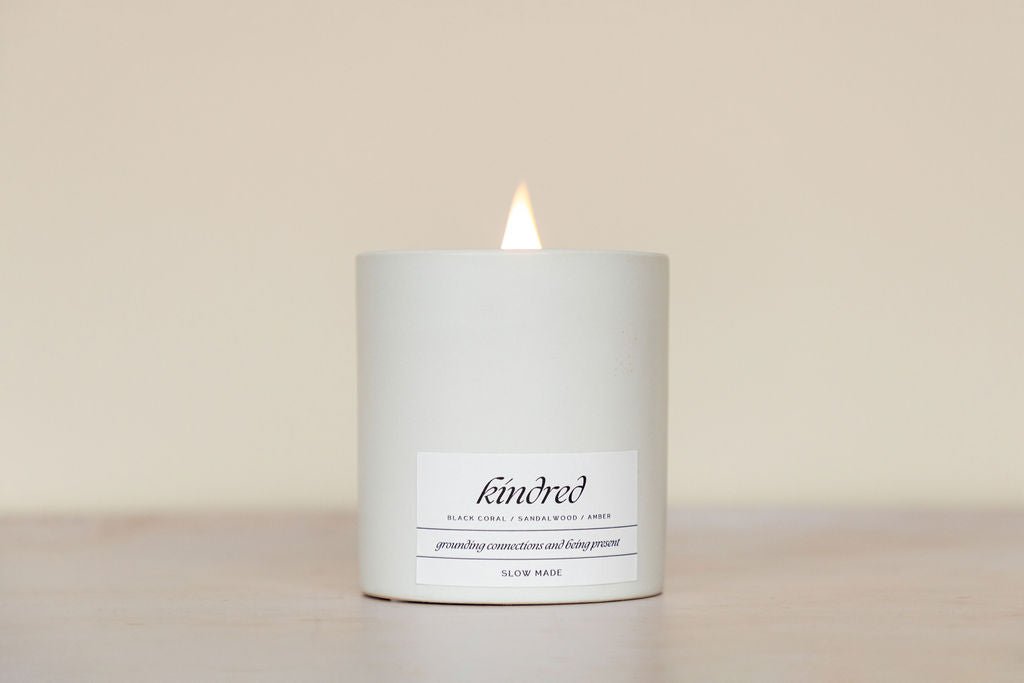
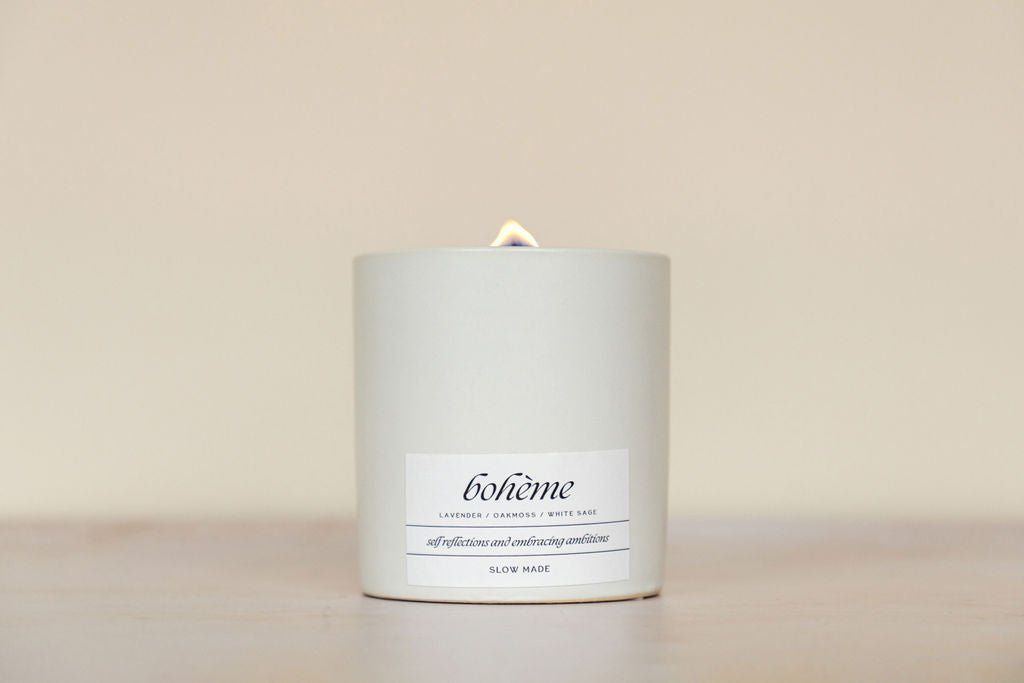
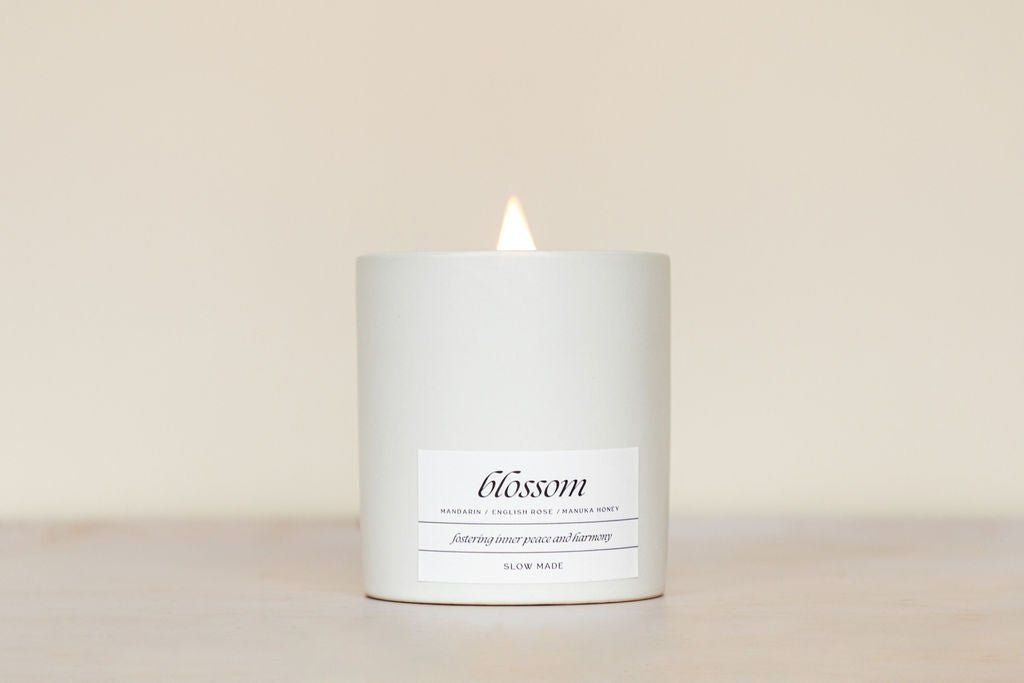

Leave a comment